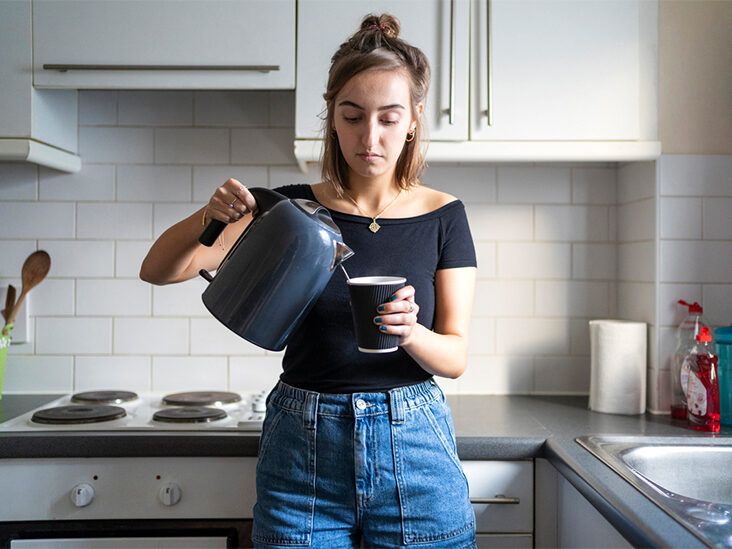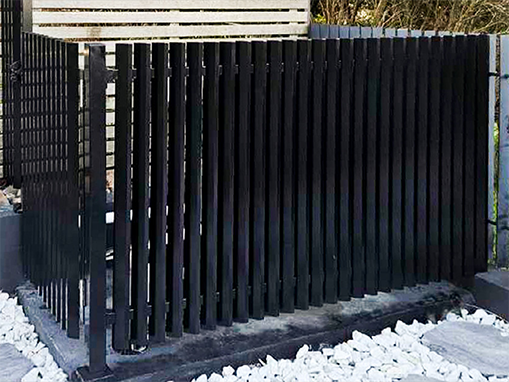Councils may not have enough contact tracers to knock on doors, health chief warns
But the president of the Association of Directors of Public Health warned that more resources were needed to deliver that local approach nationally.
Jeanelle de Gruchy told BBC Radio 4’s Today programme: “I think this is an evolution of the system… it’s fantastic that the Government is recognising the value of local government, which is rooted in the community and the importance of this for the test and trace programme.
“Resources to deliver it will be an issue, because we are being asked to do a lot more.”
Health minister Edward Argar said the Government was not planning to give councils extra resources for the new system because they had already received billions of pounds.
On Tuesday, it emerged that coronavirus contact tracers have failed to get in touch with more than 40 per cent of people who live in the same household as those infected, a finding described as “bizarre” by statisticians.
Just 57 per cent of contacts who live with a person testing positive for coronavirus had been reached by call centres – 4,339 out of 7,589. In contrast, tracers had tracked down 67 per cent of outside contacts – 3,137 out of 4,690.
Professor Sheila Bird said the poor performance of track and trace staff in contacting infected households was “extraordinary and needed explanation”.
Prof Bird, formerly the programme leader of the MRC Biostatistics Unit at the University of Cambridge, said it was crucial to contact households with infected people as they would be most likely to have contracted the virus.
“Members of the household of the symptomatic index case would be expected to be most at risk,” she said. “We need to do randomly-timed visits to assess the risk of being asymptomatic but swab-test positive and to check on adherence to ‘stay home’ instruction.”
The NHS said contact tracers often ask cases themselves to advise their household members to self-isolate without the need for tracers to contact them individually.
“This results in these contacts not being recorded as reached and asked to self-isolate, which is likely a contributing factor for a lower proportion of household contacts being reached in comparison to non-household contacts,” a statement said.
But the most recent figures show that contact tracing has got worse with, on average, only 2.8 contacts reached per positive case, down from an average of 3.4 in the previous two weeks. The Government has claimed that many people are not answering the phone because it is an 0300 number which they mistake for a cold caller.
But Prof Bird said: “Has it really taken nine weeks to discover the 0300 number as a potential barrier? Problems should have been discovered early by follow-up visits.”
Boris Johnson, the Prime Minister, told MPs on May 20 that the test and trace operation would be “world-beating” (see video below) and in place by June 1. But this week the Government said it will axe 6,000 national contract tracers and create a “hybrid system”, with national callers alongside a local door-to-door approach.








